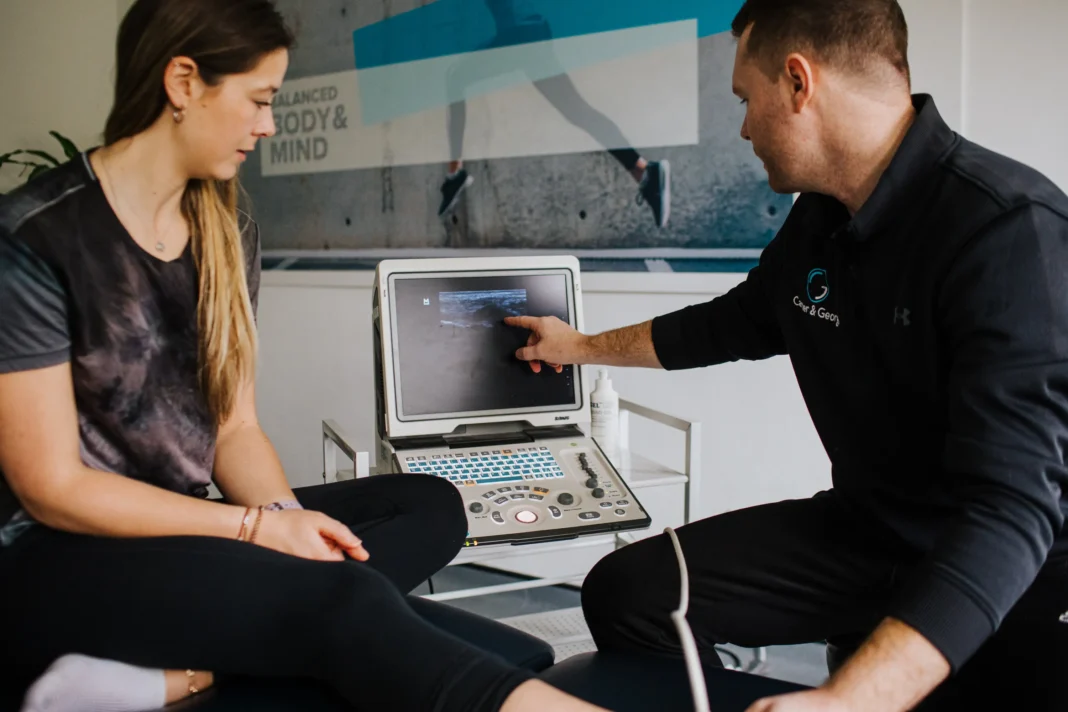Neuro-optometric therapy is gaining attention as a potential tool for improving the lives of individuals with autism spectrum disorders (ASDs). By focusing on vision and its connection to various neurological functions, specialists are exploring ways to address certain challenges that people with ASD experience daily. While this approach is not a cure, it has shown promise in promoting developmental progress and improving quality of life.
What Is Neuro-optometric Therapy?
Neuro-optometric therapy is a branch of vision care that examines the relationship between the eyes, brain, and body. Specialists in this field assess how visual processing impacts behaviors, movements, and cognitive functions. It combines targeted exercises, tools, and interventions designed to strengthen the connection between the eyes and the brain.
During an evaluation, a neuro-optometrist examines areas such as visual tracking, depth perception, and eye coordination. Using this data, they create individualized treatment plans that may include therapies like corrective lenses, prism glasses, or vision-based exercises. These interventions aim to stimulate neural pathways and improve visual-motor integration. Each treatment plan is tailored to the specific needs of the patient. Therapy sessions often require consistency and repetition to achieve noticeable results. Over time, these interventions aim to develop new visual processing patterns, enabling individuals to better interpret and respond to their surroundings.
How Does Vision Affect Autism?
Vision plays a key role in how people interact with their environment. For individuals with autism, visual challenges can make it more difficult to process spatial information, recognize faces, or maintain focus. While not everyone with autism experiences these issues, they are common enough to deserve attention.
Because vision is closely tied to brain function, visual challenges can increase sensory overload. Crowded spaces or excessive visual stimuli can feel overwhelming, making it harder to focus. This can also affect motor skills like hand-eye coordination or balance. Neuro-optometric therapy works to reduce these visual challenges, creating more manageable sensory experiences. Improvements in visual processing may enhance reading, object recognition, and interactions with others..
What Symptoms Do Specialists Address?
Neuro-optometrists play a role in addressing a wide range of symptoms often present in individuals with autism. By focusing on both visual and motor functions, these specialists help patients better connect with their environment and improve their overall quality of life. Here’s a breakdown of some key areas of focus:
- Visual and motor function challenges: Symptoms like avoiding eye contact, misjudging depth, or difficulty tracking moving objects are commonly addressed to enhance how individuals interact with their surroundings.
- Motor-based issues: Challenges such as clumsiness, frequent tripping, or struggles with fine motor tasks like writing or catching a ball are targeted to improve coordination and daily functioning.
- Sensory integration: Overreacting or underreacting to visual stimuli can cause discomfort and anxiety. Therapy aims to reduce these sensitivities, helping individuals adapt more comfortably to social and environmental changes.
- Progress monitoring and testing: Specialists evaluate visual recognition, tracking speed, and response timing to track progress and adjust therapy plans as needed, confirming treatments remain effective over time.
By addressing these areas, neuro-optometry can have a meaningful impact on physical coordination, sensory processing, and overall confidence, helping individuals lead more stable and fulfilling lives..
Consult a Specialist
Those interested in exploring neuro-optometric solutions should connect with a trained professional who understands the intersection of vision and neurological health. An evaluation with a neuro-optometrist may uncover hidden visual challenges and identify opportunities for growth through targeted therapy. If you or someone you know may benefit from this approach, schedule a consultation with a specialist.
- Pedrovazpaulo Wealth Investment: Unlocking Financial Freedom Through Innovative Strategies
- EO Pis: A Comprehensive Guide to Environmental Objectives and Performance Indicators
- Premiumindo69: The Future of Digital Entertainment
- Macadamia Nut Milk: Health Benefits, Recipes, and Why It’s the Perfect Dairy-Free Alternative
- Hentquz: The Future of Productivity and Collaboration


